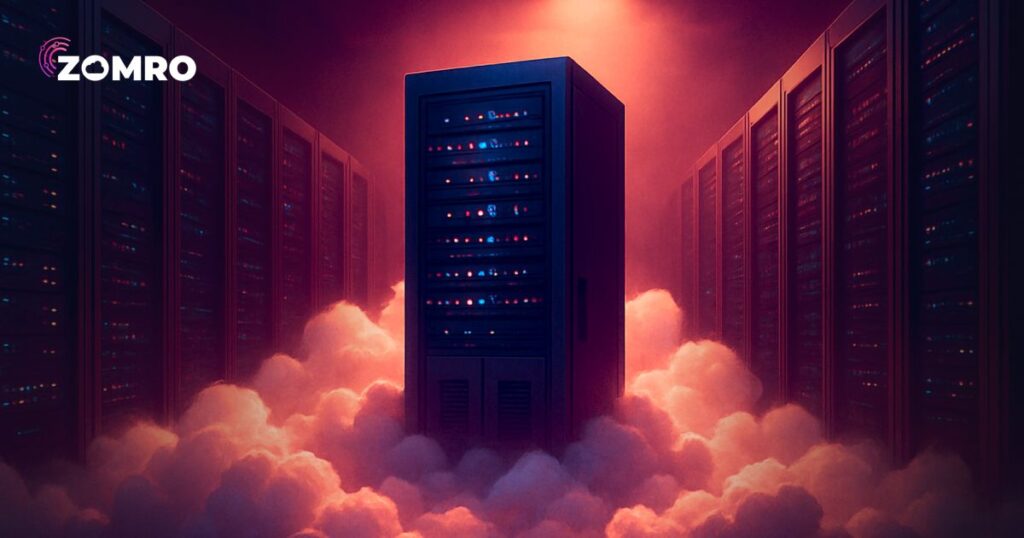
A dedicated server is a powerful and reliable solution for hosting websites, online stores, or applications. For users who are just starting to work with such servers, it’s important to understand how to properly set them up and manage them. Unlike other types of hosting, when you rent a dedicated server, you get full control over the settings, which requires some technical knowledge. In this article, we will explain how to properly work with a dedicated server, from choosing and configuring it to managing and securing it.
What is a Dedicated Server?
A dedicated server is a physical server that is entirely dedicated to one user or organization. Unlike virtual hosting or VPS, where server resources are shared among multiple clients, a dedicated server is fully owned by one user. This means that you get complete access to the server and its resources, such as the processor, memory, hard disk, and bandwidth.
Dedicated servers are ideal for large web projects that require high performance and stability, such as online stores, corporate websites, and high-traffic applications. They are also a good choice for those who want to control the server configuration, software installation, and security.
How to Choose a Dedicated Server for Your Project?
Choosing the right dedicated server depends on a number of factors. Let’s consider a few key criteria:
- Performance
It’s important to consider your project’s computational resource needs. High-traffic websites will require a server with a powerful processor and sufficient RAM. A simple blog or small website can work on a more modest configuration. - Security Features
Pay attention to the server’s security capabilities, such as SSL certificate support, firewalls, and protection against DDoS attacks. A dedicated server requires security configurations to protect against external threats. - Operating System
Dedicated servers can run on various operating systems, including Linux, Windows, and others. Your choice depends on your preferences and server application requirements. Linux is often used for web hosting servers. - Support and SLA (Service Level Agreement)
Choose a provider that offers excellent technical support. Make sure the SLA (Service Level Agreement) covers necessary response times and support in case of issues.
Steps to Set Up a Dedicated Server
- Connecting via SSH
Connect to the server using SSH with tools like PuTTY for Windows or the terminal for Linux/Mac. This is a secure way to access the server remotely. - Install the Operating System
Choose and install the operating system that suits your project. Popular options include Ubuntu, CentOS, or Windows Server. - Setting Up Services
Install and configure services like a web server (e.g., Apache or Nginx), mail server, and databases. These are basic steps for managing a website or application. - Securing the Server
Set up a firewall, configure updates, and protect against attacks to minimize the risk of breaches.
How to Manage a Dedicated Server?
For easy management, use control panels like cPanel or Plesk, which allow you to administer web servers, mail, databases, and other services via a user-friendly interface. Experienced users can also manage the server through the command line for more flexibility in configuring the server.
Security Recommendations for a Dedicated Server
- Regular Updates
Ensure that the operating system and applications on the server are always up to date to avoid vulnerabilities. - Firewall Configuration
Restrict server access only to authorized IP addresses to prevent unauthorized access. - SSH Keys and Complex Passwords
Use SSH keys and strong passwords for secure access, instead of simple passwords. - Security Monitoring
Set up monitoring tools to track suspicious activity and respond quickly to threats.
Properly setting up and managing a dedicated server is a crucial step to ensuring the stable operation of your project. Choosing a quality server and configuring it correctly will help you avoid many problems and ensure high website performance. Zomro offers the option to rent a dedicated server with support to help you quickly configure the server and ensure its security.
Why You Should Consider to Rent a Dedicated Server
If you’re looking for high performance and reliable hosting, the best option is to rent a dedicated server. Renting a dedicated server offers flexibility, security, and total control over the server’s resources, which is ideal for businesses and web applications that need to handle large amounts of traffic. When you decide to rent a dedicated server, you ensure that your website or application has the performance and resources it needs to operate smoothly, without any compromises.







